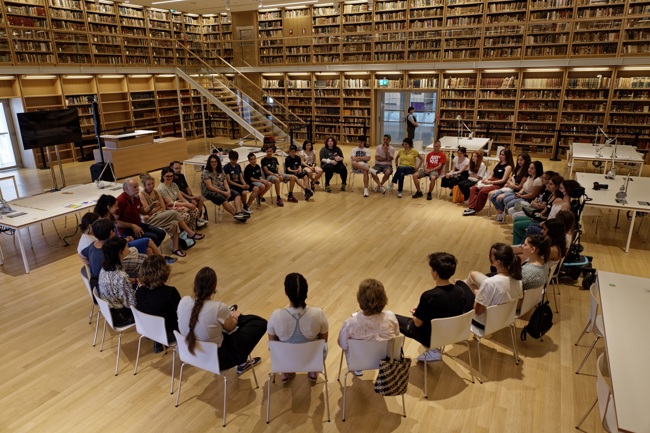
To better understand the needs of young people in Greece, their families, and the professionals who support them, the Child and Adolescent Mental Health Initiative (CAMHI) conducted a comprehensive national assessment as part of the Stavros Niarchos Foundation’s (SNF) Global Health Initiative (GHI). The results of that assessment, which encompassed an exhaustive review of the literature on child mental health in Greece, a summary of the legal aspect of a rights-based approach to mental health, a nationwide survey of nearly 4,000 stakeholders, and identification of the services currently available, have been synthesized in a report from the CAMHI team. See below some of the results of the survey:
1. A total of 11% of parents surveyed reported that their child had received specialist mental health care and almost half of them through available public sector services.
2. A total of 22% of all health professionals in the survey responded that their daily practice involves assessing cases of suspected child abuse and neglect and that the training in this area is extremely critical.
3. The vast majority (over 80%) of the 766 teachers surveyed reported that they are aware of mental health issues, willing to engage in specialized programs, and desire practice training tailored to their field.
4. The vast majority (over 75%) of the 475 health professionals surveyed responded that they are willing to receive training in evidence-based psychosocial therapies.
5. Below are the results of the child and adolescent mental health symptom scores from the sample of respondents:
- 8% ̶ 16% experience symptoms that require assessment by a specialist
- 5 ̶ 13% experience high levels of symptoms of behavioral disorders such as aggression and oppositional behavior
- 5 ̶ 12% experience high levels of symptoms of internalizing disorders such as anxiety and depression
- Up to 13% experience problems with peers such as bullying
- 43% have experienced at least one stressful experience in their lifetime that is classified as traumatic
- 14% of adolescents aged 12 ̶ 17 experienced at least one self-injurious behavior in the 6 months prior to the survey.

